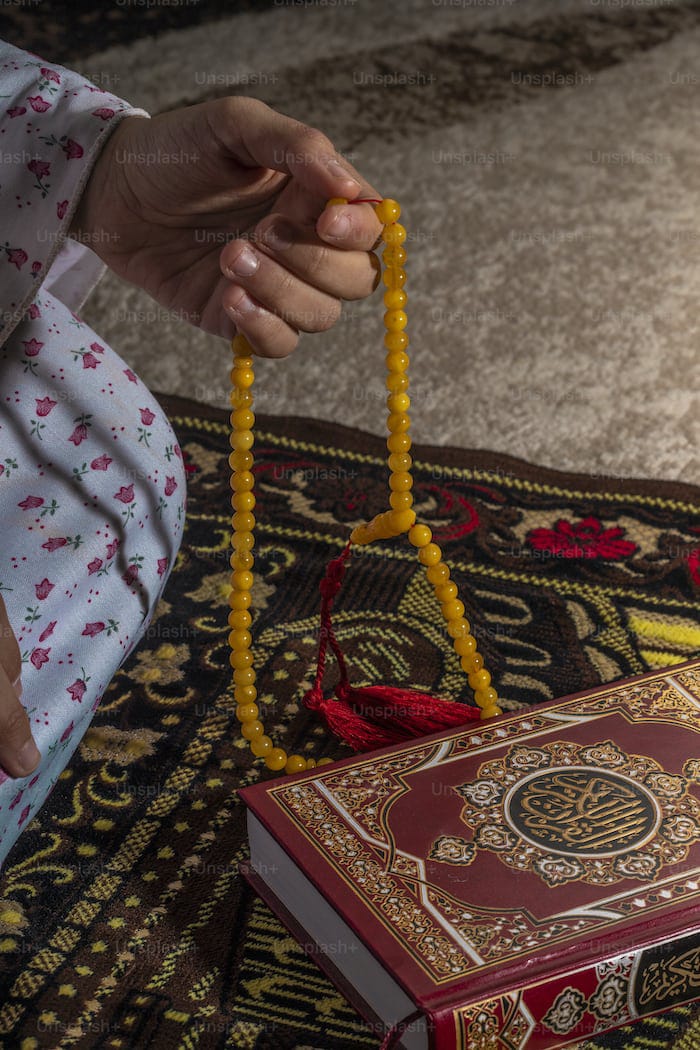Interacting with Non-Muslims
In our diverse world, the question often arises: Can Muslims Interacting with Non-Muslims share the message of Islam, and build relationships with them? The Islamic perspective on interacting with non-Muslims and emphasizes the importance of sincere intentions in our actions.
Dawat-i-Allah: Inviting to the Path of Islam
Embracing Diversity
Islamic teachings emphasize embracing diversity and inviting others to the path of Islam. Muslims should interact with non-Muslims, share their beliefs, and engage in positive exchanges. Dawat-i-Allah, a vital aspect of Islamic outreach, encourages this approach.
Promoting Hanif Religion
Hanif, or monotheism, lies at the core of Islamic beliefs. Muslims should convey the message of Hanif religion to non-Muslims, emphasizing the oneness of Allah and the significance of sincere faith.
Declaring a Positive End
The ultimate goal of Dawat-i-Allah is to lead people towards a righteous and virtuous life. It involves imparting knowledge about the rewards of following a religious path and expressing the consequences of straying from it.
Interacting with Non-Muslims: Permissibility and Guidelines
Associating with Infidels
Islam permits Muslims to associate with infidels and non-Muslims. Engaging in discussions, holding meetings, and expressing friendship with them is allowed, provided the interactions promote goodwill and understanding.
The Power of Forgiveness
As long as these interactions have a positive impact and lead to a harmonious coexistence, associating with non-Muslims is forgivable in Islam. It highlights the importance of fostering unity among diverse communities.
Sincerity vs. Hypocrisy
Battling Satanic Worries
Many individuals face inner struggles when they intend to perform good deeds. The devil often plants doubts about motives, such as seeking recognition or fame. These satanic worries hinder people from doing good.
The Remedy
To overcome these worries, Muslims should recite (Awzu Ballah Min Shaytaan Al-Arjim) and engage in good deeds without being deterred by negative thoughts. Trusting in Allah and having sincere intentions can help dispel these doubts.
The Protective Power of Tawz
Reciting Tawz serves as a protective shield against evil influences and negative thoughts. It is a reminder of Allah’s guidance and protection, ensuring that good deeds are performed with sincerity and purity of heart.
Islam encourages Muslims to interact with non-Muslims, share the message of Islam, and build positive relationships. Dawat-i-Allah is a fundamental part of Islamic teachings, emphasizing the importance of conveying the message of monotheism and promoting a righteous life. While battling satanic worries about sincerity, reciting protective prayers and engaging in good deeds can help Muslims maintain their faith and spread goodwill among diverse communities.
More Fact: Heavenly Rewards for Women


One comment